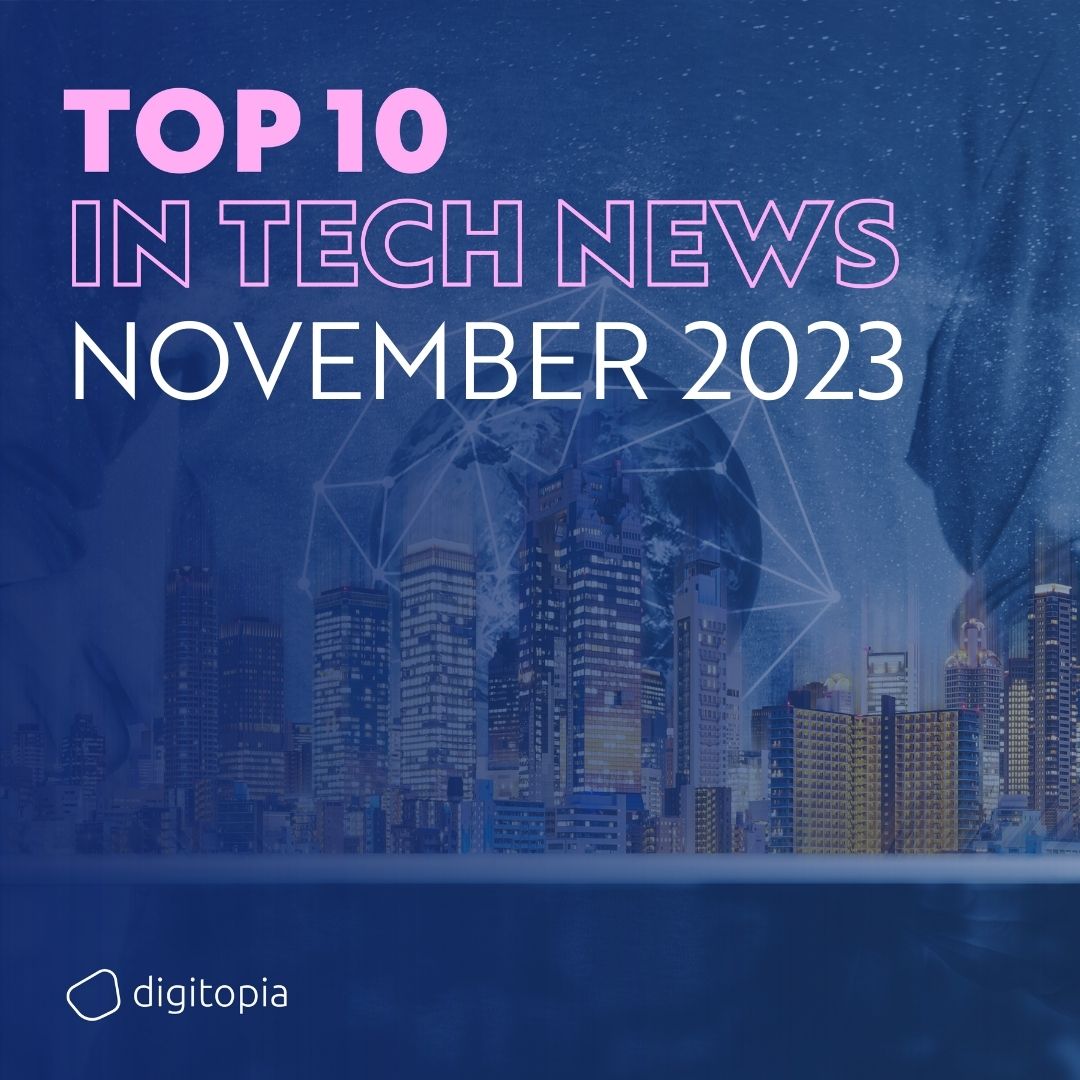Microsoft has unveiled new features for its Copilot AI add-on in Microsoft 365, maintaining the $30 per person per month pricing. The enhancements include Copilot Studio, enabling corporate workers to integrate data from business software like ServiceNow and Workday. In Teams, Copilot can now answer real-time meeting questions, record live notes, and create chat messages with tone changes. Additionally, Copilot aids in planning meetings in Outlook, generates AI-based slides in PowerPoint, and accepts formatting preferences in Word and PowerPoint. The updates aim to boost the value of Copilot, addressing concerns about its price point. The features were revealed at Microsoft’s Ignite conference in Seattle.
Source: CNBC
6- Cyber Monday Forecast Boosted After Record Online Holiday Sales
The revised Cyber Monday forecast comes after a strong Thanksgiving weekend for US retailers, who typically experience a significant portion of their sales and profits during this annual shopping extravaganza. Online spending by US shoppers reached $10.3 billion over Saturday and Sunday, marking a 7.7% increase compared to the previous year. Analysts are closely monitoring this year’s holiday shopping season to gauge the resilience of the American consumer, especially as pandemic-era savings diminish and interest rates remain at a more than 20-year high.
Source: Bloomberg
7- Here’s What’s Next for SpaceX’s Starship
SpaceX’s Starship, in its second near-orbital test flight, achieved significant technical milestones, including successful stage separation and reaching an altitude of about 150 kilometers. Despite the promising start, the booster detonated over the Gulf of Mexico, and an unknown issue triggered the Starship’s self-destruct system near the end of the second-stage burn. SpaceX officials emphasized the advancements and successful aspects of the test, acknowledging the need for further improvements. The next steps involve addressing the cause of the lost signal, preparing for reentry, and ensuring launch infrastructure functionality. SpaceX plans an early 2024 third test flight, targeting a global journey, reentry, and splashdown near Hawaii.
Source: Wired
8- ChatGPT-maker OpenAI hosts first big tech showcase as AI startup faces growing competition
OpenAI, the company behind ChatGPT, introduced new chatbot products at its inaugural developer conference in San Francisco. OpenAI unveiled GPT-4 Turbo, a more capable version that can retrieve information about events as recent as April 2023, addressing a limitation in previous versions. The company also presented GPT-4V, a version with vision capabilities for image analysis. Additionally, OpenAI introduced a new line of products, GPTs, allowing users to customize their own versions of ChatGPT for specific tasks.
Source: CNBCNews
9- Could airports make hydrogen work as a fuel?
Heathrow Airport, faced with the challenge of achieving net-zero carbon emissions, explores alternatives to traditional jet fuel. Sustainable Aviation Fuel (SAF) is already in use, but doubts persist about its cost-effectiveness and scalability. Hydrogen is gaining interest, particularly in its liquid form, which requires extra insulation due to its extremely low temperature. France’s Air Liquide, experienced in supplying cryogenic hydrogen for rockets, is investigating hydrogen’s potential in aviation. Universal Hydrogen, a startup, proposes a solution involving special modules for transporting liquid hydrogen to airports, avoiding the need for complex infrastructure. The modules could power regional flights, with test flights planned for the future.
Source: BBC
10- Chip Wars of 2024: Will a Cell Phone Take the Laptop Crown?
The chip manufacturing industry, led by AMD, Intel, and Qualcomm, is speculated to bring smartphone capabilities to a level that rivals traditional laptops. Companies are investing in technologies that prioritize AI and enhance battery life, challenging the dominance of laptops. OpenAI’s ChatGPT is also exploring the development of a neural processing unit (NPU) to replace GPUs for high-performance language models. Amidst this, the rise of smartphones threatens laptops, with Qualcomm and Lenovo positioned as potential winners. The landscape in 2024 will witness a fierce competition, and the outcome may reshape perceptions of laptops, desktop PCs, and smartphones.
Source: TechNewsWorld


